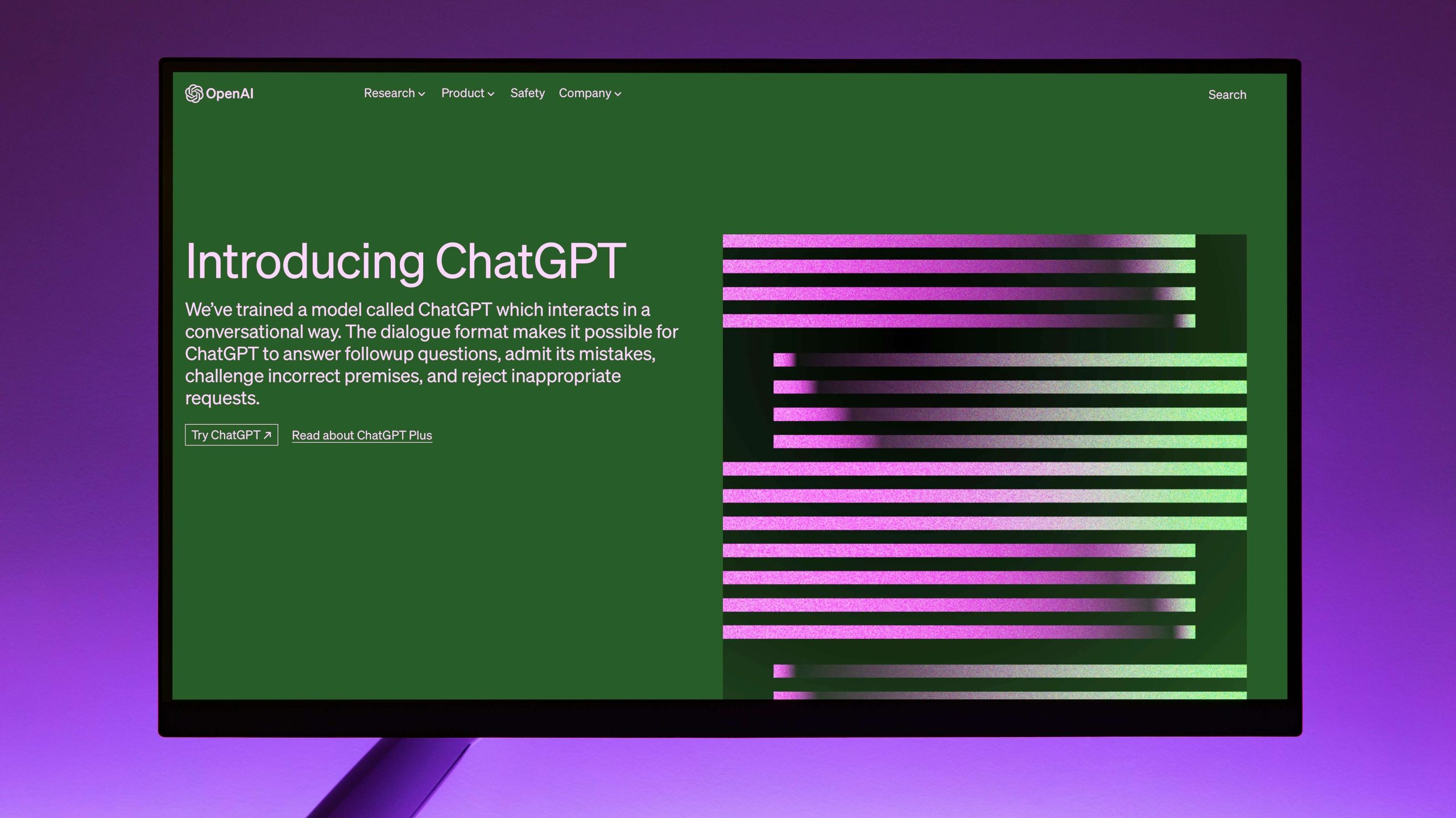[ad_1]
With high profile public commentary about the future of artificial intelligence (AI) in society, this month we’re chatting about ChatGPT and its role in agri-tech.
In case you haven’t tried it, ChatGPT is an advanced AI language model that can generate human-like text and engage in natural language conversations (so it told us).
AI is no stranger to agriculture; increasingly technologies exploit algorithms that have “learned” on real-world data how to make decisions. From early estimates of harvest yield to discerning weed from crop for precision applications, AI is already making ways into everyday agriculture operations.
But ChatGPT is a potential game-changer as the most well-known of the emerging “generative AI”.

Some versions are (currently, at least) free to use, widely available and learning rapidly. You simply type in a challenge, question or task and it types out the answer in front of your eyes. The exciting thing about ChatGPT is that its dataset is the whole of the internet, in effect – some would argue – all human knowledge.
How can ChatGPT’s AI benefit us?
Technology advancements like this make knowledge more accessible to everyone. New users can interact with these algorithms without training. You no longer need to know coding to be able to get a bespoke data analysis based on your criteria.
And the answers can tap into new, creative avenues. Ask ChatGPT for the plot holes in your favourite film, and I’d be surprised if it doesn’t find something you’ve never thought of, no matter how many times you’ve seen it.
What if we ask it what we haven’t studied in soils? Or if there’s a pattern in the data between two of our sensors? Do solar flares affect our milk production? Chat to it further, and it can give ideas on how to investigate the answers.
Then there’s the enormous time-saving potential. Could an agronomist create a bespoke dashboard for a client’s farm-specific needs in a matter of minutes, just by typing a few sentences?

Sounds too good to be true…?
As with all innovations, there are inherent risks.
For example, it can be pretty difficult to find the source for answers provided by ChatGPT. How do we know this information is reliable enough? Or current? And not ‘learnt’ from some unusual or out-dated options contained in the web with little scientific support but presented by ChatGPT as a fact like any other.
Plus, when technology is so fast moving, regulating it is extremely difficult. To some extent, we are relying on the developers to test it, self-regulate, and ensure ethical development. Frequent scandals of badly trained algorithms – such as the GCSE results tool used by the UK government, or the consistent bias against ethnic minorities in crime-reduction – highlight the need for constant real-life assessment and testing by experts in the field.

Although users need no training to ask questions, knowing what prompts to use and how best to use them is key. ChatGPT is just a tool like any other – if we don’t know how to use them effectively, they can’t give us useful outputs!
Will ChatGPT replace us?
Given time, ChatGPT and its successors will probably design the world. What then of the role of the expert vet, the agronomist – even the UK’s longest established agri-tech network organisation?
No-one has a monopoly on information – almost everything is “out there” if you know where to look, which YouTube videos to watch, what website to search and who to talk to. But who has the time for all this research and information gathering?
This is where ChatGPT and its friends will no doubt be part of life going forward – to aid and augment.
For Agri-TechE (and our members), we see this is as a tool to help us scale our activities, be even more effective, and provide additional insights – but not as a replacement.
ChatGPT will give a comprehensive answer to the question you ask; Agri-TechE will respond to your question, set up a bespoke introduction, and give you useful and relevant answers to the questions you didn’t even know to ask yet.
Source link

